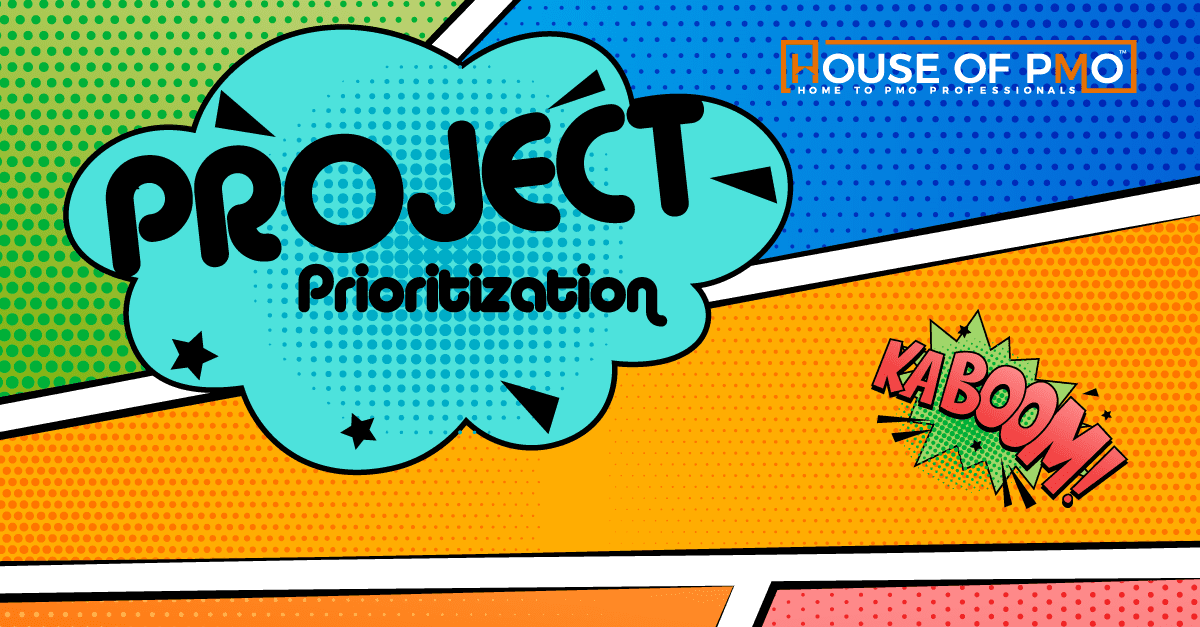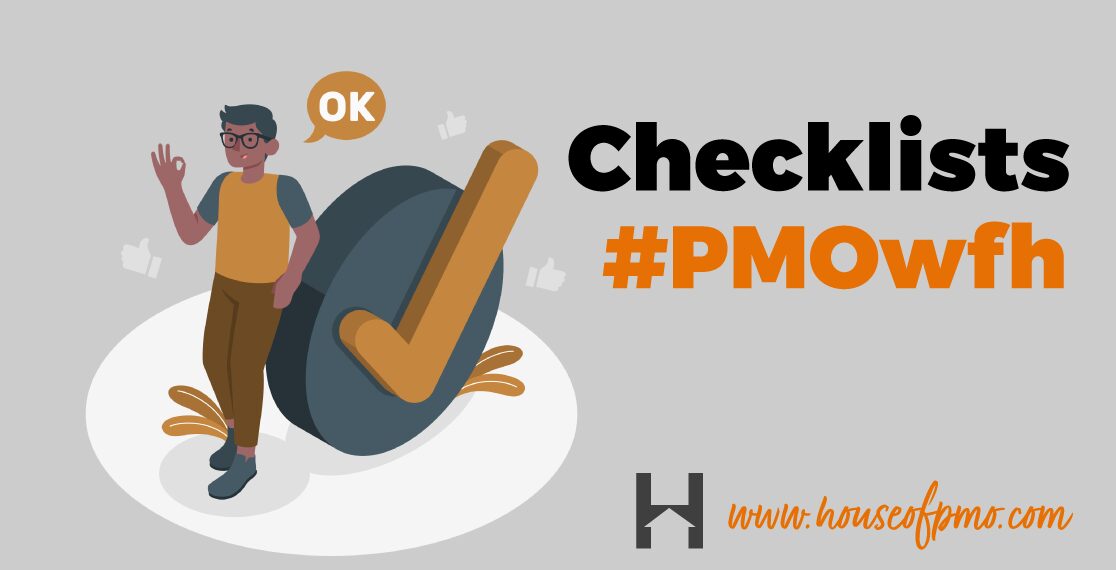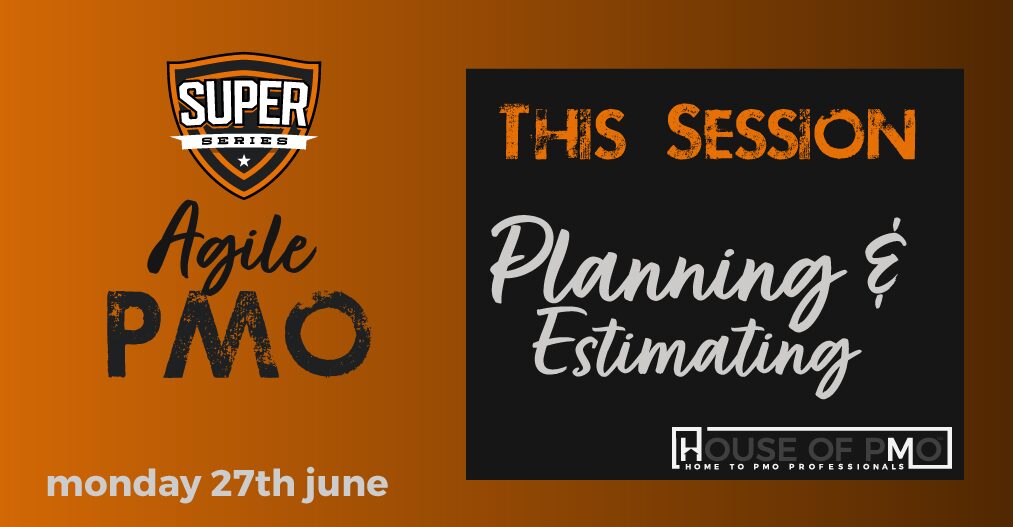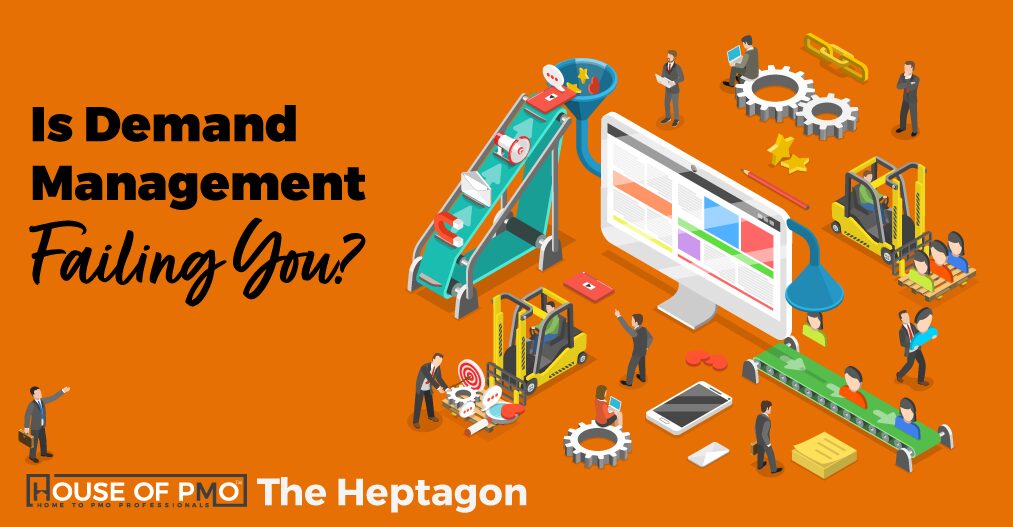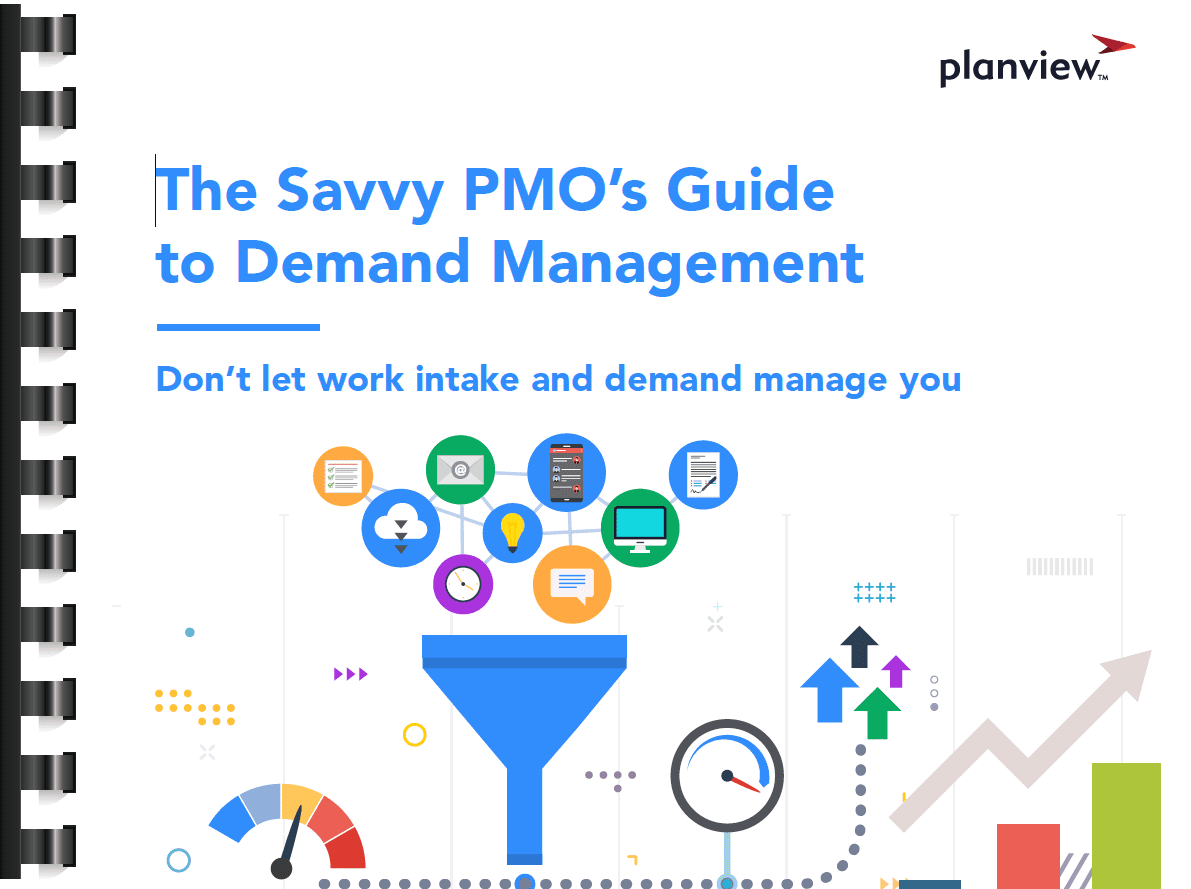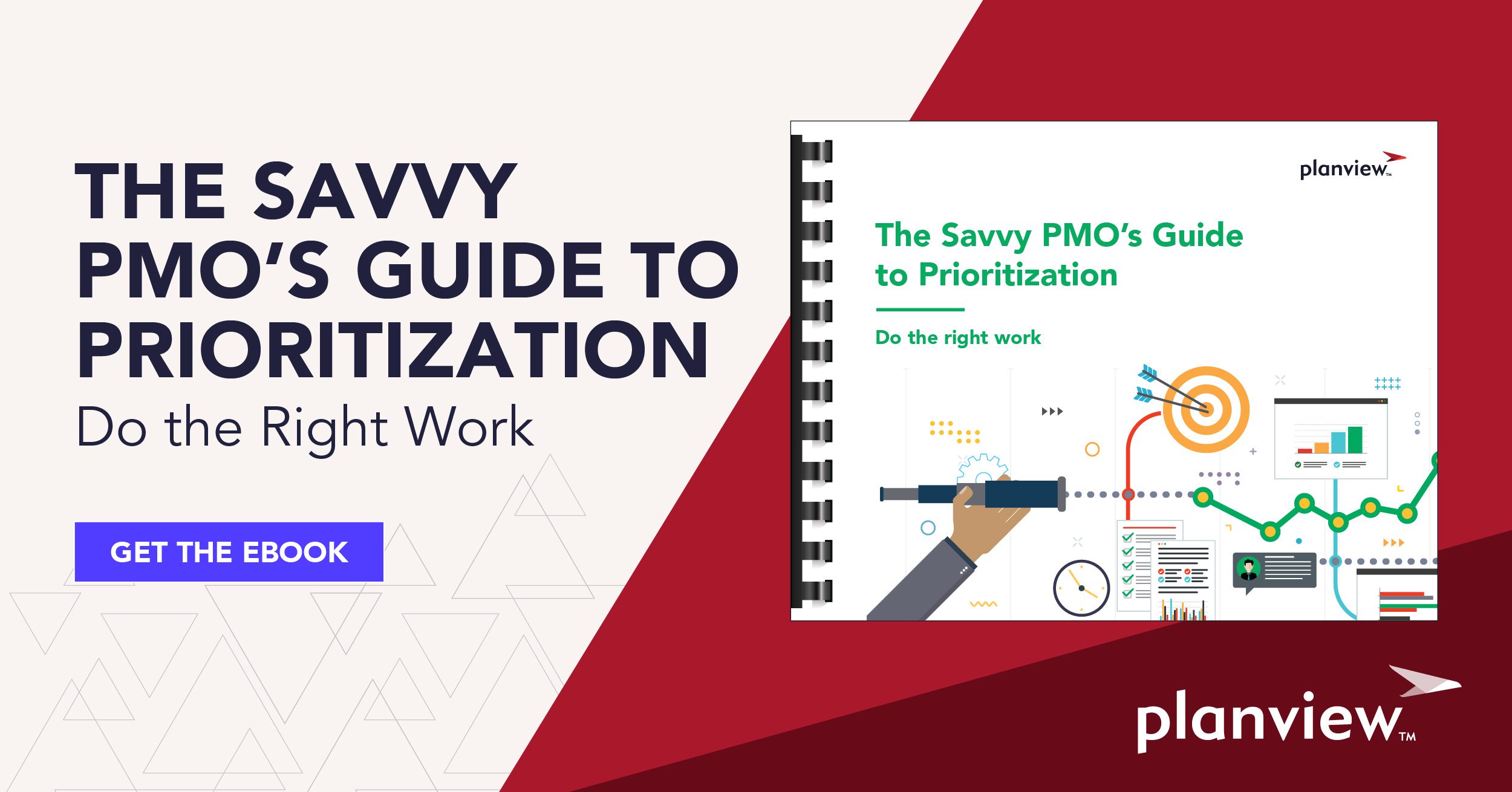In the world of project management, certain areas consistently pose challenges and hinder success. In this dynamic presentation from Tom Quinn at Jacobs, we explore four to five crucial aspects that often cause problems or remain underutilised. Through lessons learnt, we examine how areas such as schedule, risk management, cost, reporting & data management, assurance and change, commonly go astray or fail to deliver desired outcomes.
Go to article
In this month's #PMOwfh we decided on a theme to take us through the session. It was all about checklists!
There has been a recently released book that many have read and really enjoyed, it's called The Checklist Manifesto: How To Get Things Right.
It got us thinking. Checklists used to be really popular in the PMO but over the years checklists started to have negative connotations - using checklists was seen as the clipboard wielding PMO acting like the 'PMO Police', a bureaucratic form of control which did us no favours with our project managers and various stakeholders.
The book reminded us that there are a number of different reasons for having checklists. The PMO can use them to help delivery and we can also use them to help us develop our PMO and the people working within it.
Read on for more insights, templates, the recorded session and slidedeck.
Go to article
In this fifth edition of the Agile PMO Super Series we focused on planning and estimating.
There are different types of planning in Agile led projects - just as there are in more traditional waterfall projects. For the PMO it's about being able to understand what types of planning there is, who is responsible for it and knowing where the PMO can support.
View the session to learn more about sprint planning, product roadmaps, planning poker and more.
Go to article
Demand Management needs to be understood and managed in the context of the benefits of change, not in the context of local processes, subject to pressures that lead to an endless tweaking of low-value outcomes.
In this article, Lodger Lain is back in the Heptagon and he shares insights that include PRUB, Impact Mapping, tactical and strategic things your PMO could be doing to improve demand management.
Go to article
Demand Management is all about how we manage the flow of work in projects - from new project requests; change requests; new ideas and so on.
The eBook gives you some food for thought in terms of what the PMO can be doing to support the flow.
Go to article
Prioritisation is all about choosing which projects to run and is a key part of portfolio management. In this guide, we particularly liked the insights on the different types of scoring which can be done to see which projects should be carried out and in what order.
If you're interested in portfolio management and prioritisation, download the ebook
Go to article


